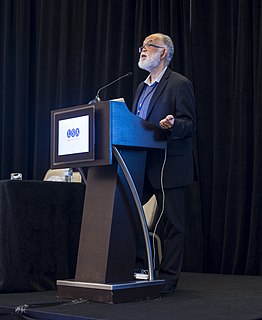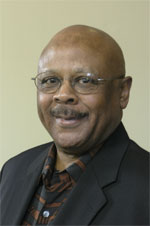A Quote by Elliott Colla
In a couple of Ahdaf Soueif's novels, she gets at the certain kind of English that's being spoken by Egyptians. It's a beautiful, expressive English but it is non-standard, "broken" English that happens to be efficient, eloquent, and communicates perfectly well even if it is breaking rules.
Related Quotes
My father was English. He date-raped my mother so she's hated English men ever since. You know my boyfriend's English, and I'm, uh, I'm half-English, which she's never been real happy about. If she finds out I'm dating someone English, she'll ah, think I' turning my back on her and becoming a foreigner.' Cathy, that's the stupidest reason I've ever heard.
Malcolm Bradbury made the point, and I don't know whether it's a valid one or not, that the real English at the moment is not the English spoken in England or in America or even in Canada or Australia or New Zealand. The real English is the English which is a second language, so that it's rather like Latin in the days of the Roman Empire when people had their own languages, but had Latin in order to communicate.
The revival of Hebrew, as a spoken language, is a fascinating story, which I'm afraid I cannot squeeze into a few sentences. But, let me give you a clue. Think about Elizabethan English, where the entire English language behaved pretty much like molten lava, like a volcano in mid-eruption. Modern Hebrew has some things in common with Elizabethan English. It is being reshaped and it's expanding very rapidly in various directions. This is not to say that every one of us Israeli writers is a William Shakespeare, but there is a certain similarity to Elizabethan English.
I can hardly believe that I even know this, but I am aware that Noah Webster's original dictionary, apart from being the first truly American lexicography, was a kind of line in the sand. It claimed a very discrete, American form of the English language, explicitly to compare it to the English of our erstwhile colonial masters who had been operating under Dr. Johnson's dictionary rules for well over a century.
































